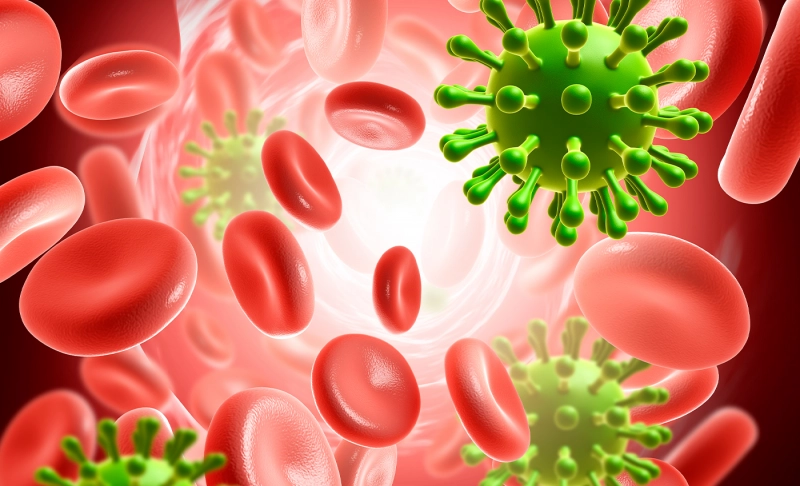By: Aswathi K
July 23 2021

Sometimes, the mutation might make changes in the characteristics of the virus, including transmissibility and severity, but not every time.
Sometimes, the mutation might make changes in the characteristics of the virus, including transmissibility and severity, but not every time. Mutations are a common phenomenon that occurs naturally in all viruses. The replication of a virus or making copies of the virus is called a mutation. The resultant virus would be known as a variant of the original virus. The Centers for Disease Control and Prevention (CDC) detailed that mutations would occur when the virus infects a host (either an animal or person). However, it added that as some of the mutations do not affect the major proteins involved in infection, not all mutations would make changes to the transmissibility of the virus. World Health Organization's (WHO) Q&A regarding 'COVID-19 the Virus Evolution' pointed out that some of the virus's mutations would affect its characteristics. After the mutation, the transmission capability might increase or decrease, and the severity of the virus becomes either more or less than the original virus. Similarly, an article by National Center for Biotechnology Information (NCBI) on February 18, 2020, clarified the severity of a virus could be reduced or increased via the mutation. Hence, according to the evidence, we cannot say that all the mutations that occur in a virus would change its transmission ability and severity of the infection.